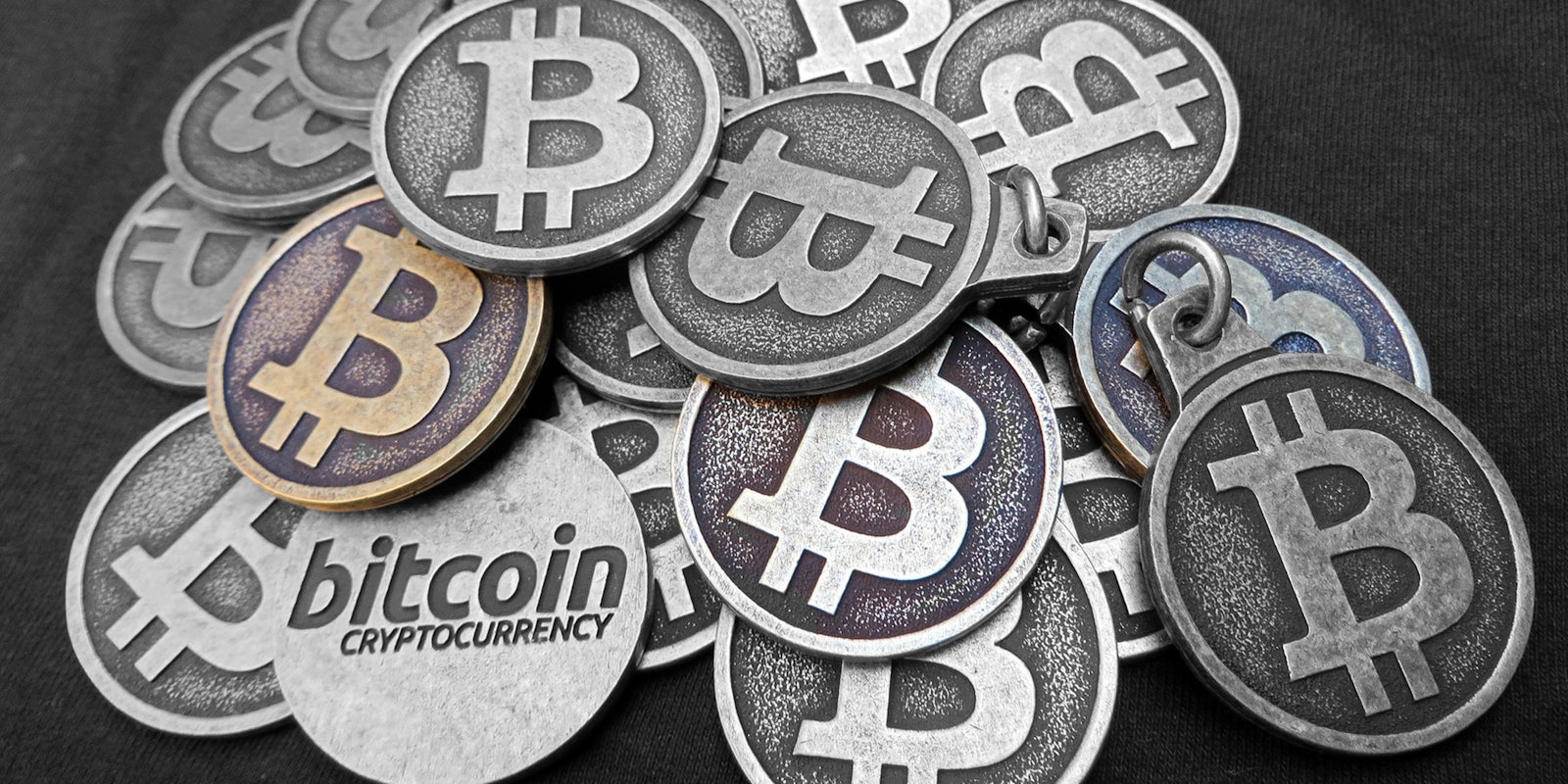The Weizmann Institute’s Dorit Ron and Adi Shamir have been closely studying the movement of the semi-anonymous digital currency Bitcoin, and today published a paper that highlights an unusual set of transactions that may closely link its inventor, a mysterious figure known as Satoshi Nakamoto to Silk Road mastermind Dread Pirate Roberts.
Nakamoto and DPR—the latter alias allegedly being used by Ross Ulbricht, currently jailed and awaiting trial for drug trafficking and conspiracy to commit murder after being denied bail—were always bedfellows in one sense: Silk Road’s black market was a Bitcoin economy. But by analyzing the activity associated with a digital wallet the FBI found on a laptop seized from Ulbricht, they identified a curious transfer that may have directly involved Nakamoto.
Ulbricht, they said, in March of this year received what looks like a payment of 1,000 BTC from an account created in January 2009—“the very earliest days of the Bitcoin network,” according to the New York Times. “Such a single large transfer does not represent the typical behavior of a buyer who opens an account on Silk Road in order to purchase some narcotics (such buyers are expected to make an initial deposit of tens or hundreds of dollars, and to top the account off whenever they buy additional merchandise),” they wrote. “It could represent either large-scale activity on Silk Road, or some form of investment or partnership, but this is pure speculation.”
At the time of the transaction, 1,000 BTC was worth about $60,000, though the current exchange rate would yield a sum well in excess of $800,000. Ron and Shamir can’t conclude much about the identity of the shadowy “investor,” but large Bitcoin transfers will always have observers wondering whether Nakamoto, absent from the public eye since 2010 and estimated to have a stockpile of 1 million BTC, isn’t shuffling funds. Though that’s assuming he actually exists.
The same mystery account was found to have once accumulated 77,600 BTC in a “mining” operation—a complex method of using the data affixed to each coin to unlock new ones—so it’s fair to guess that the owner, besides being a very early adopter, is canny when it comes to digital economics. Ulbricht’s no slouch either, the study’s authors argued: the FBI has identified $80 million in profits from Silk Road’s all-time sales figure of $1.2 billion, yet has only been able to freeze 22 percent of that, and traced just a third of the total commissions.
With so much encrypted cash still in the cloud, it’s little wonder that Judge Nathaniel Fox rejected Ulbricht’s bail request on the grounds that he had more than sufficient “means to flee.”
H/T New York Times | Photo via btckeychain/Flickr


